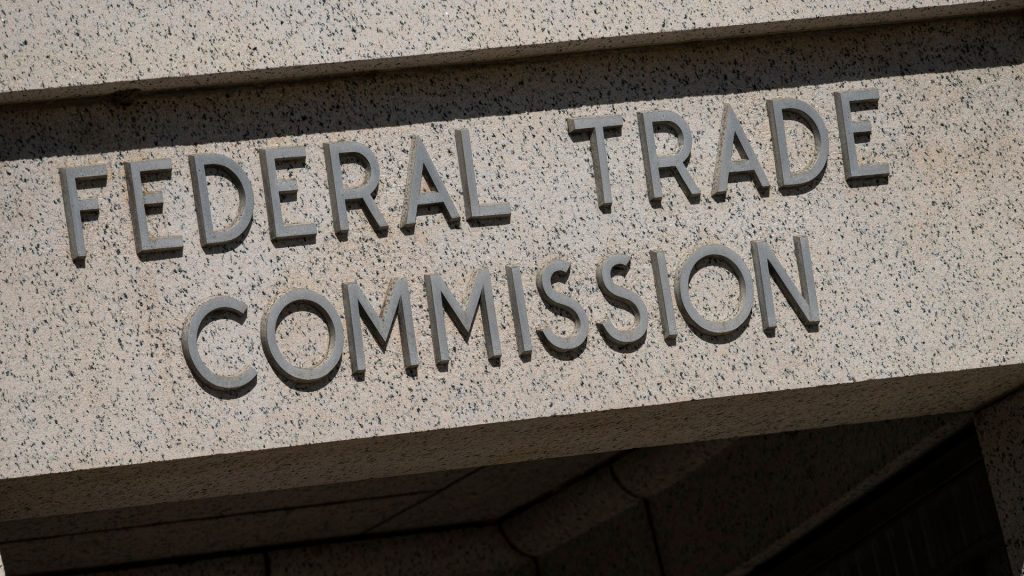FTC criticized for censoring public input in its social media censorship probe

The Federal Trade Commission (FTC) is being criticized over its handling of public comments in an ongoing investigation into alleged censorship by major technology platforms. The inquiry, which began in March, aims to examine whether social media companies are unfairly restricting access to their services based on users’ speech or affiliations.
“Big Tech censorship is not just un-American, it is potentially illegal,” FTC Chairman Andrew Ferguson previously said in a post on X while announcing the probe.
Why is the FTC facing criticism over its censorship probe?
The agency invited public input on whether companies such as TikTok, Meta and others are engaging in biased or unlawful content moderation practices. However, the FTC is facing backlash from some in the tech sector over its decision to censor certain submissions.
“The FTC’s politically motivated inquiry into ‘tech censorship’ has managed to prove exactly the opposite of what it intended: the government agency is now actively censoring public comments from people complaining about being censored by tech platforms,” wrote Mike Masnick, editor and founder of the blog Techdirt. “Apparently the best way to determine if Andrew Ferguson thinks certain content moderation practices are acceptable is to submit specific decisions to his ‘tech censorship’ investigation and see if the FTC itself censors them.”
According to public records, the FTC has blocked attachments in several submissions, citing reasons including profanity, inappropriate content or the presence of personally identifiable information. This move has sparked backlash from some cybersecurity experts, who argue the agency’s approach is hypocritical and contradicts the spirit of its own investigation.
Can the government legally moderate public submissions?
While private companies have a First Amendment right to moderate content posted on their platforms, similar actions by government bodies such as the FTC can be interpreted as a violation of protected speech under the Constitution.
Adding to the controversy, some submissions containing content that appears to violate typical online community standards, such as threats or personal attacks, were not redacted and allowed to remain in the public record.
“The FTC’s actions inadvertently prove what platforms have known all along: Any open system needs moderation rules and enforcement, or it quickly fills up with inappropriate content, profanity and personal information,” Masnick wrote. “Content moderation at scale is impossible to do well, and someone will always complain about the decisions made. It doesn’t mean that there is unfair bias.”
What happens next?
The FTC’s public comment period remains open until May 21, as the agency has stated this investigation is an “important step forward in restoring free speech” and ensuring “Americans no longer suffer under the tyranny of Big Tech — permanently.”





